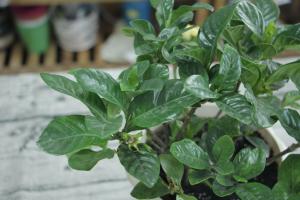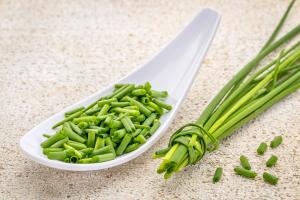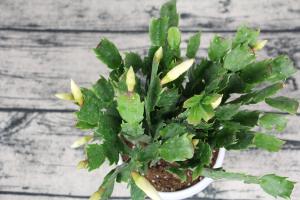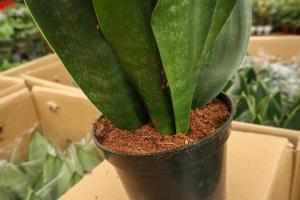Are Tomatoes Perennial Plants?
Tomatoes are often considered to be an annual plant, meaning that they complete their lifecycle in one growing season. However, with proper care and conditions, tomatoes can also be perennial plants, living for multiple seasons.
What Determines if Tomatoes are Annual or Perennial?
The decision of whether a tomato will be an annual or perennial is primarily determined by its natural habitat. Tomatoes are native to the warm tropical regions of South America, where they can thrive year-round. In these ideal conditions, tomatoes will grow vigorously and produce fruit continuously, making them a perennial plant.
However, outside of their native habitat, tomatoes are often grown as annuals in temperate or cooler climates. These cooler climates make it difficult for tomatoes to survive the winter and continue to produce fruit. Therefore, in temperate climates, tomatoes are typically grown as annuals, but with the right conditions, they can be grown as perennials.
How to Grow Tomatoes as Perennial Plants
If you want to grow tomatoes as perennials, you need to make sure that they are in the right growing conditions. Tomatoes require plenty of sunlight, at least 6-8 hours a day, and well-drained soil. You also need to make sure that the soil is rich in nutrients and that the plants are regularly watered. With these ideal growing conditions, tomatoes can continue to produce fruit for multiple seasons.
Another key factor in growing tomatoes as perennials is protecting them from cold and frost damage during the winter months. This can be done by covering the plants with blankets or burlap sacks during freezing temperatures, or by moving the plants into a greenhouse or other protected environment.
The Benefits of Growing Tomatoes as Perennial Plants
Growing tomatoes as perennial plants has several benefits worth considering. Firstly, it means that you can enjoy fresh tomatoes all year round, rather than just during the summer months. This can be a real plus for tomato lovers and those who want to enjoy homegrown produce in the off-season.
Secondly, growing tomatoes as perennials can also be a cost-saving measure. Instead of purchasing new tomato plants every year, you can simply maintain and harvest the same plants year after year. This not only saves money but also reduces waste and helps to promote more sustainable agriculture practices.
In Conclusion
So, the answer to the question, "are tomatoes perennial plants?" is yes, they can be. With the right growing conditions, tomatoes can survive and produce fruit for several seasons. Growing tomatoes as perennials can provide fresh produce all year round and be a cost-saving and sustainable agriculture practice.

 how many times do yo...
how many times do yo... how many planted tre...
how many planted tre... how many pine trees ...
how many pine trees ... how many pecan trees...
how many pecan trees... how many plants comp...
how many plants comp... how many plants can ...
how many plants can ... how many plants and ...
how many plants and ... how many pepper plan...
how many pepper plan...
































